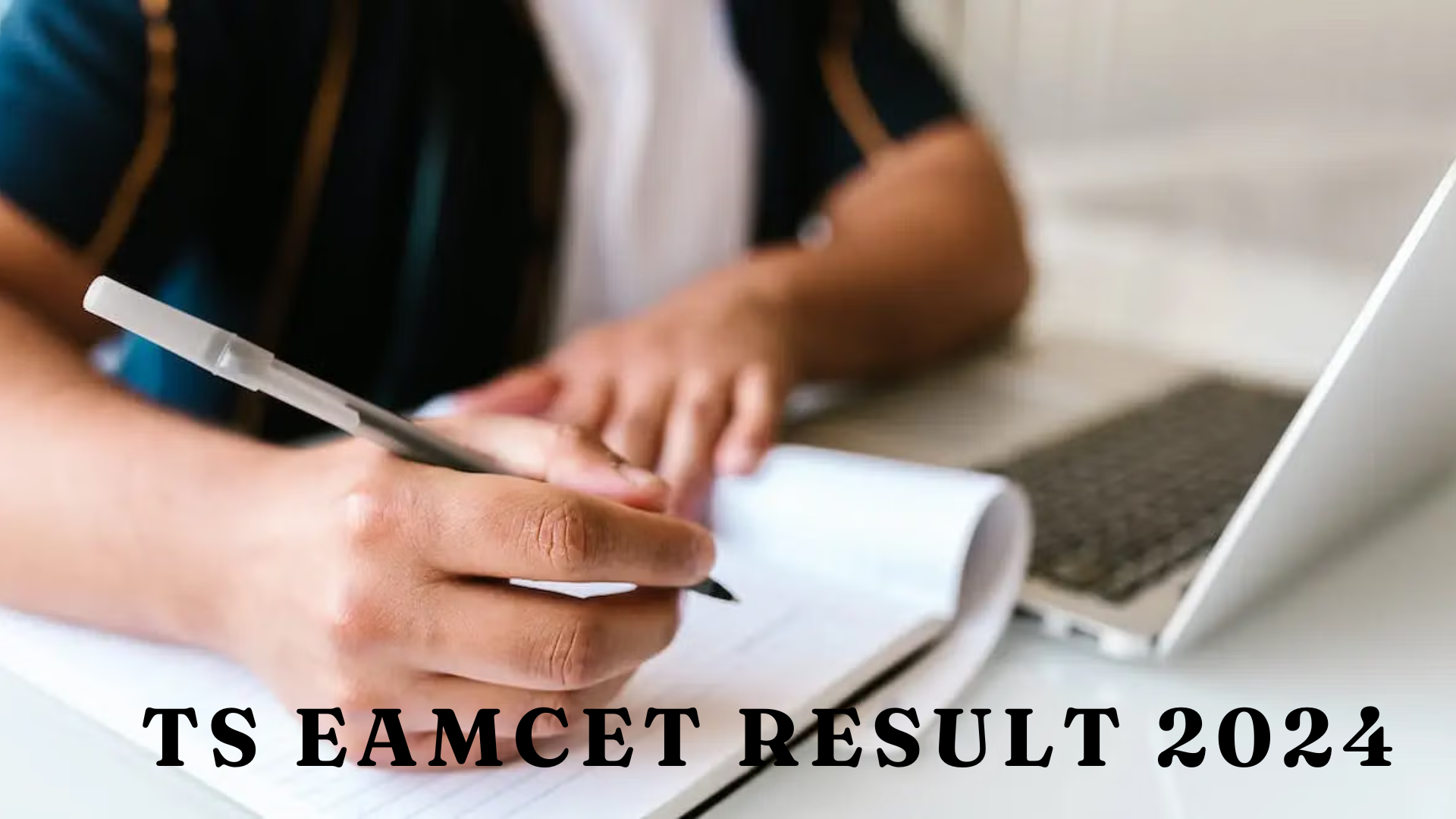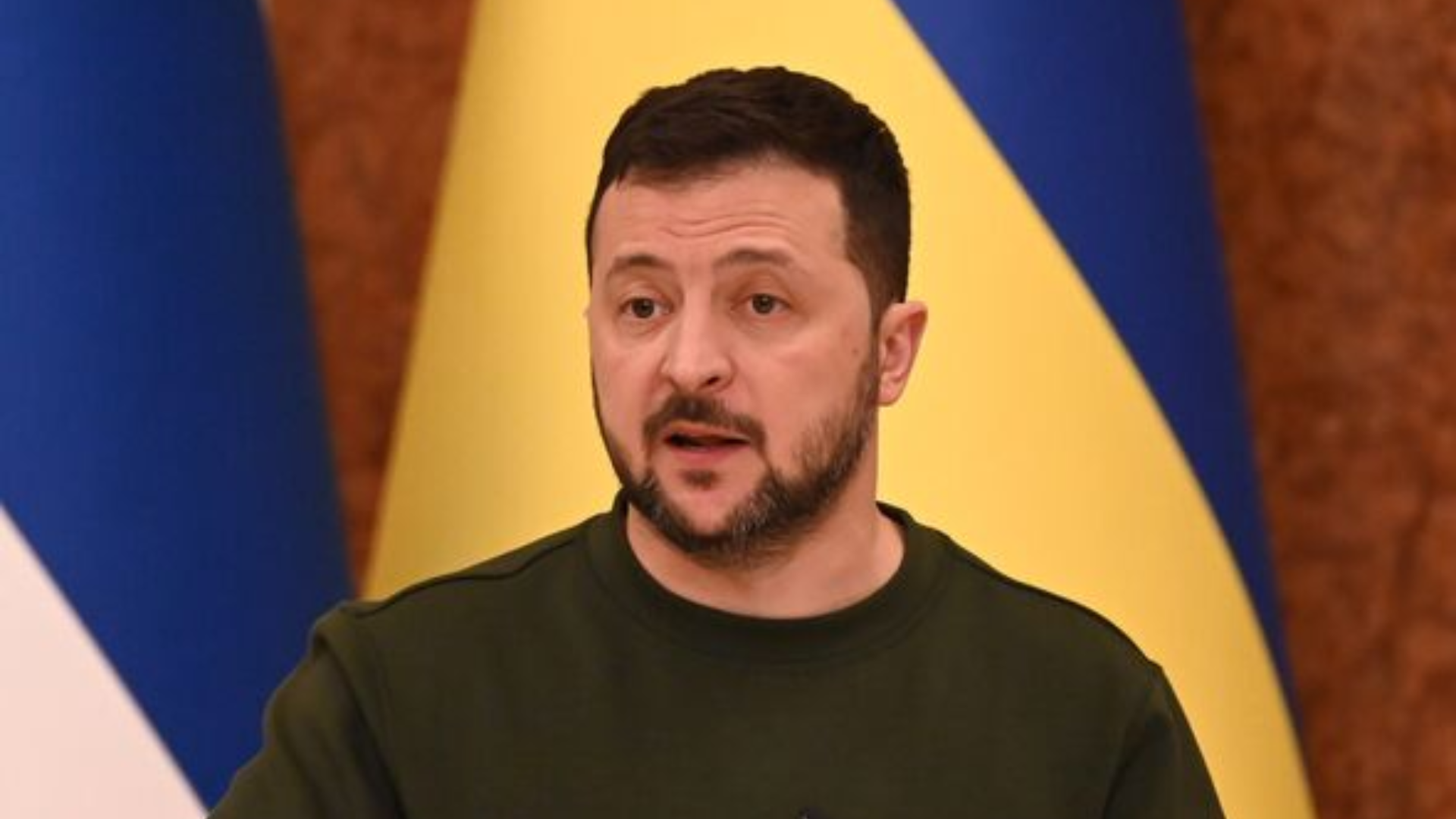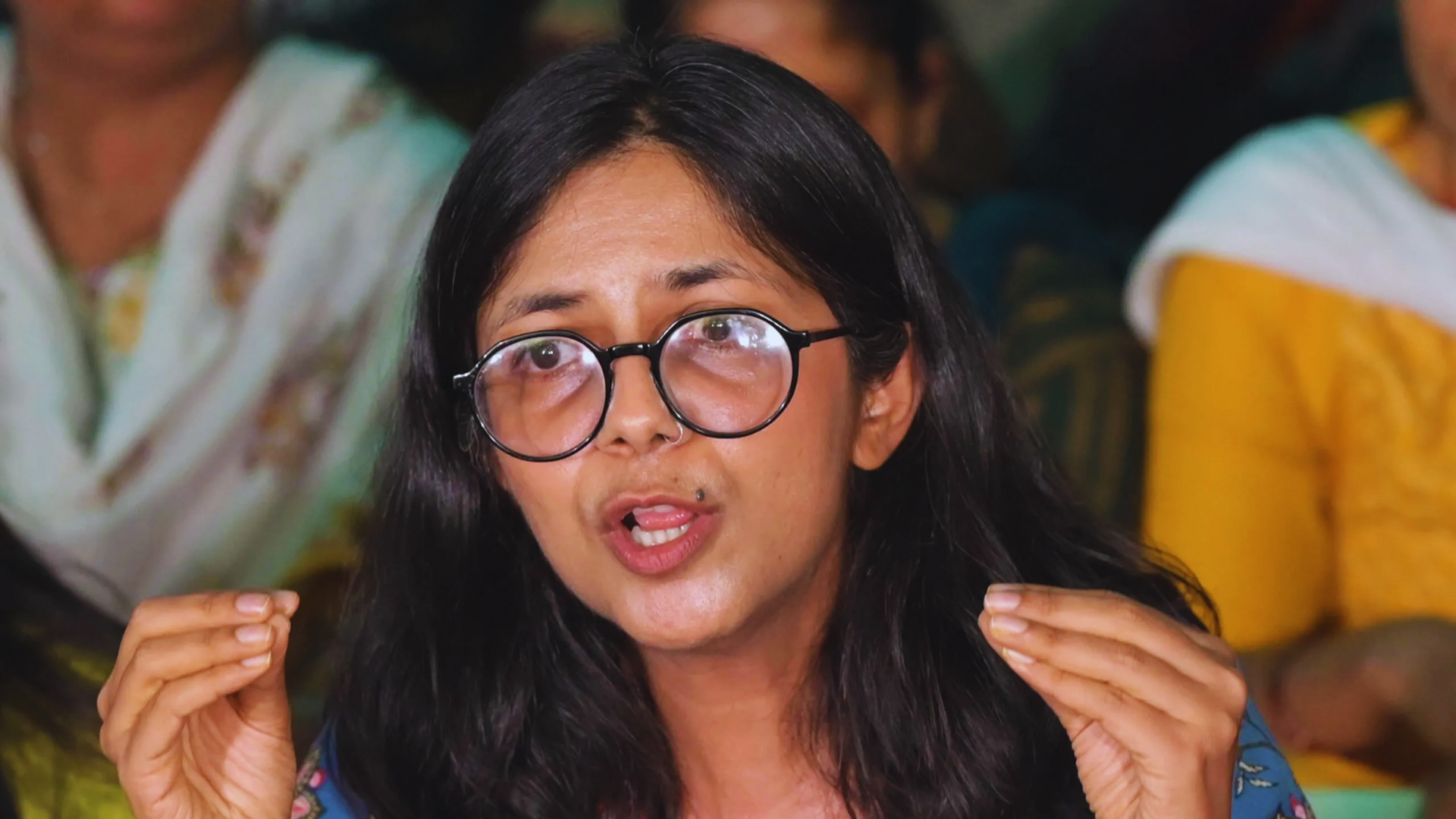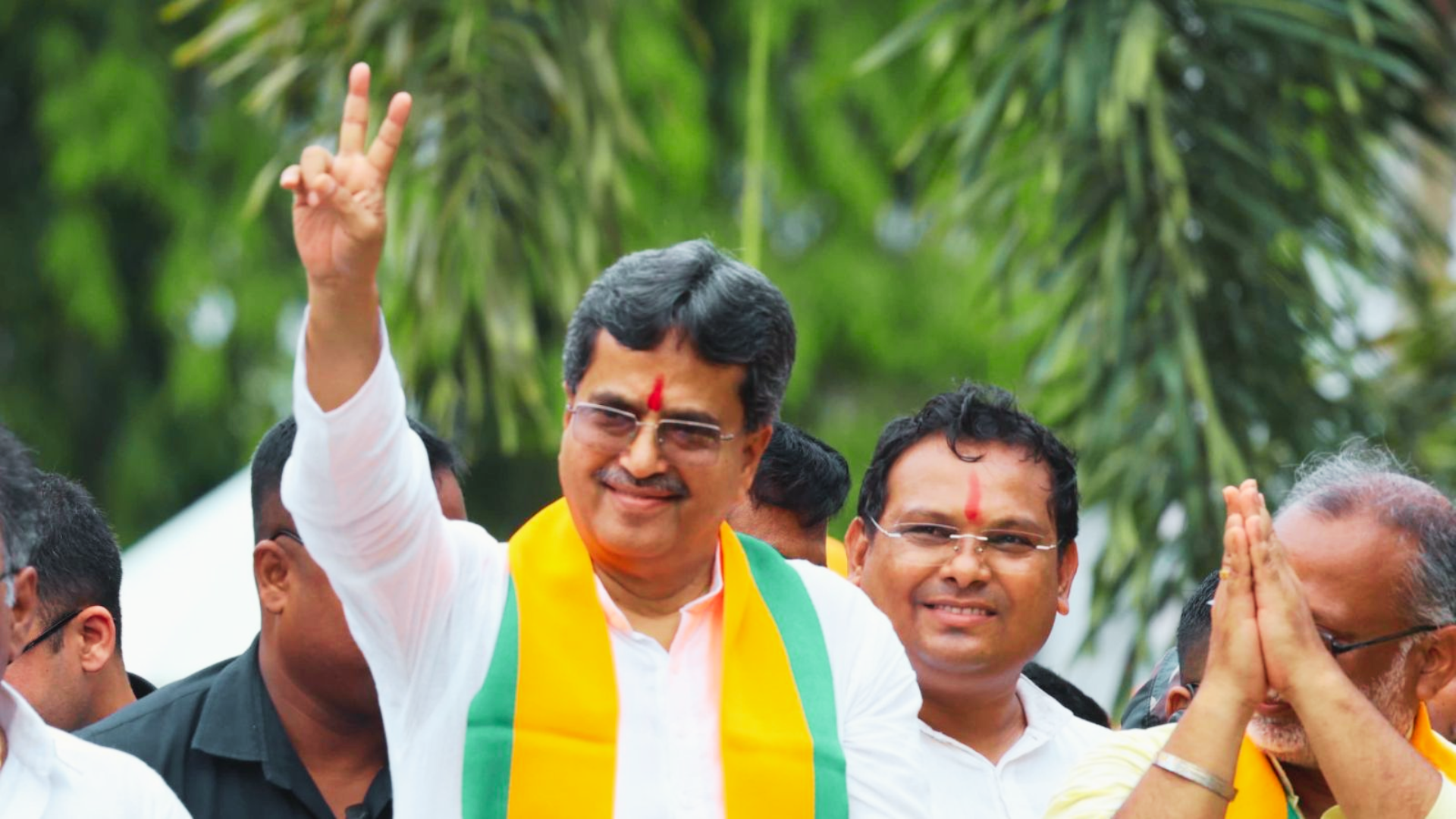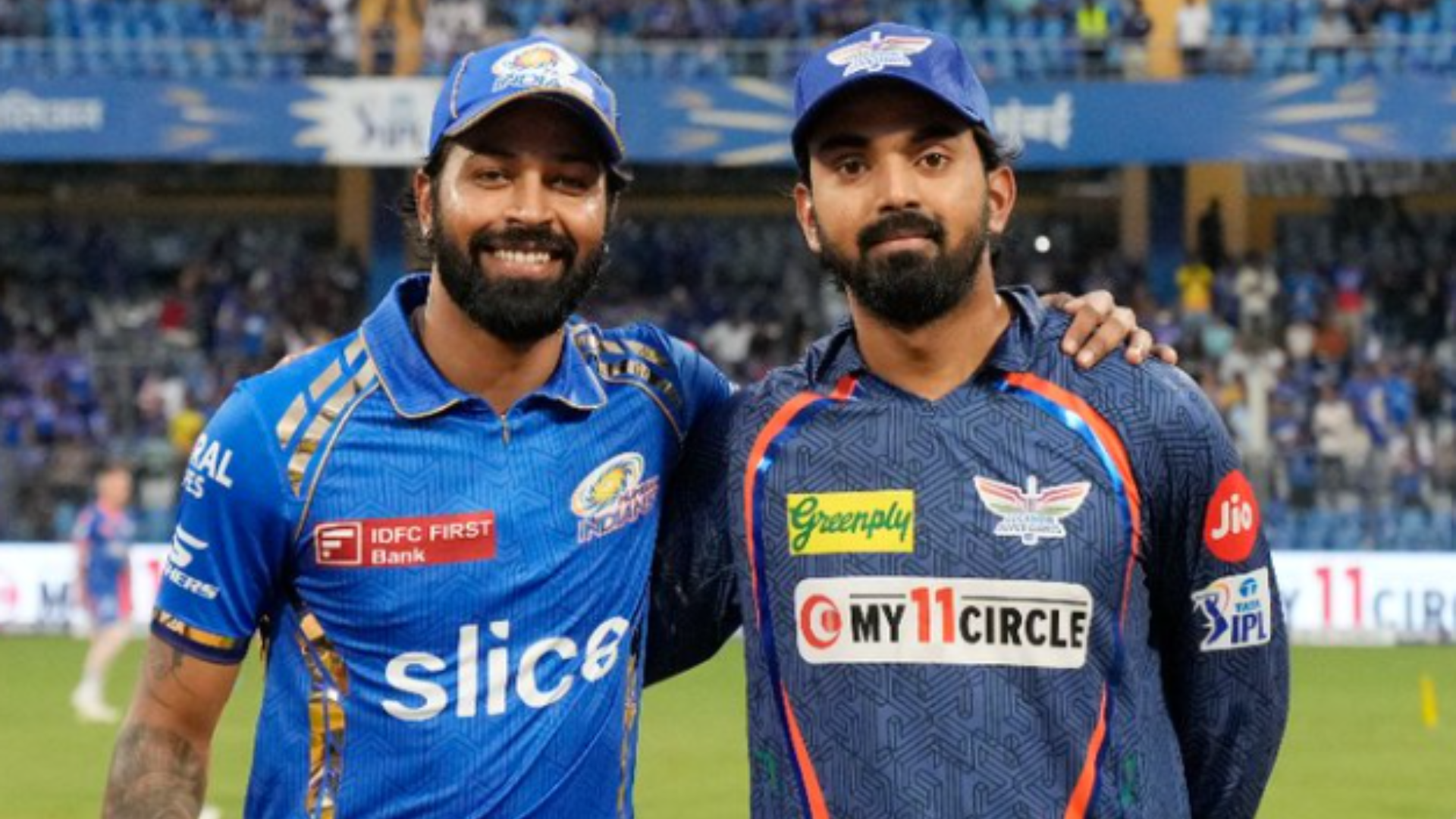


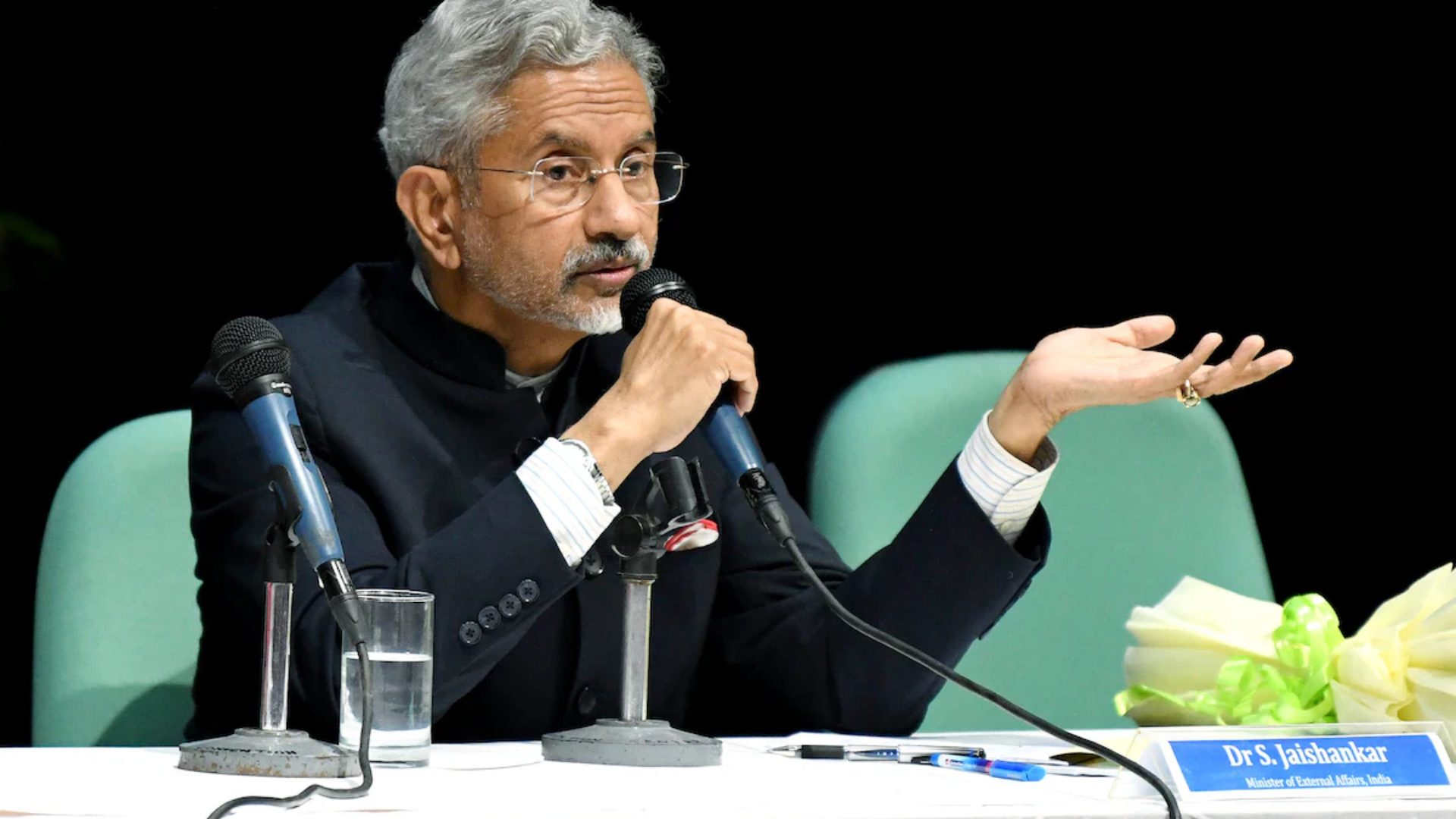







The Supreme Court on Tuesday dismissed the Centre’s curative petition for increased compensation from Union Carbide Corporation, now owned by Dow Chemicals, for the victims of the 1984 Bhopal Gas tragedy.
“The sum of Rs 50 crores lying with the Reserve Bank of India (RBI) shall be utilized by the Government of India to satisfy pending claims,” Supreme Court said while dismissing Centre’s curative plea for enhanced compensation for the victims of the 1984 Bhopal Gas tragedy. The judgment was pronounced by a five-judge constitution bench headed by Justice Sanjay Kishan Kaul. The bench also comprised Justices Sanjiv Khanna, Abhay S Oka, Vikram Nath and JK Maheshwari.
“If it is reopened then it may open a pandora’s box and will be detrimental to the claimants. The curative petition cannot be entertained,” the court said.
The court noted that the failure to take insurance policies is gross negligence on the part of the Government of India.
On January 12, the Supreme Court reserved its decision on the Centre’s curative petition for increased compensation from US-based firm Union Carbide Corporation, now owned by Dow Chemicals, for the victims of the 1984 Bhopal Gas tragedy.
The Centre’s curative petition for enhanced compensation for the victims sought a direction to Union Carbide and other firms for more than Rs 7,400 crore in additional compensation over and above the earlier settlement amount of USD 470 million (RS 715 crore at the time of settlement in 1989) for paying compensation to the victims of the petrol tragedy.
The government requested a re-examination of the Supreme Court’s February 14, 1989 decision, which set compensation at USD 470 million, claiming that the 1989 settlement was seriously harmed.
The Central Government contended that the compensation, determined in 1989, was based on truth assumptions that were unrelated to reality.
During the hearing, the Union Carbide Corporation’s successor firms told the Supreme Court that the rupee’s depreciation since 1989, when the company and the Centre reached a settlement, cannot be used to seek an increase in compensation for the victims.
Senior advocate Harish Salve, appearing for one of the firms, told the Supreme Court that the government of India never suggested that the settlement was insufficient at the time it was reached.


